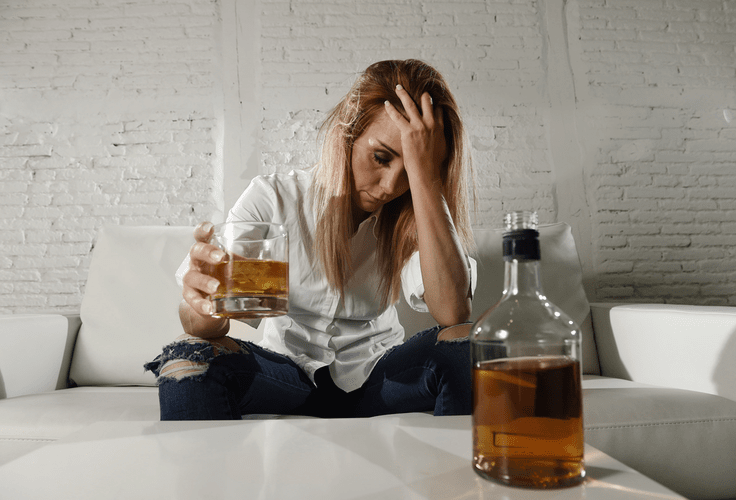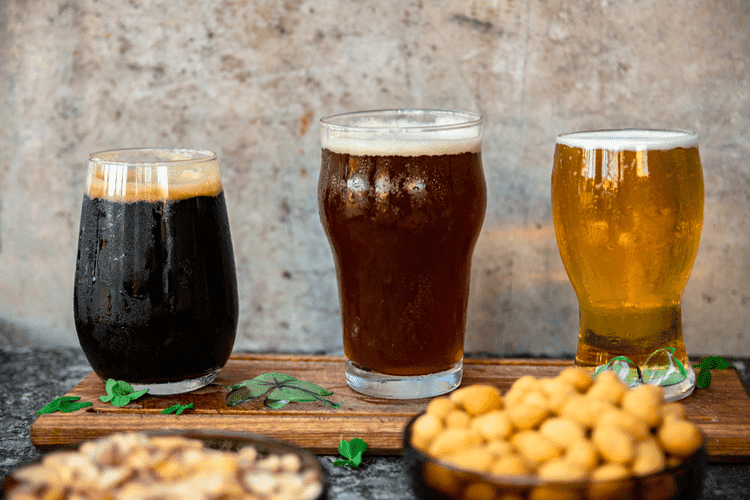Does Alcohol Dehydrate You? The Truth & 5 Tips
Aim to have a glass of water for every alcoholic drink you have, and be sure to hydrate before going to bed to prevent the symptoms of dehydration the next day. One of the most effective ways is to stay hydrated while drinking. For every alcoholic beverage consumed, it’s important to drink an equal amount of water to help counteract the diuretic effect of alcohol. Additionally, consuming electrolyte-rich drinks or foods can help replenish the body’s electrolyte balance and support kidney function. Alcohol consumption can lead to dehydration due to its diuretic effect, causing excessive urination and fluid loss. This diuresis, or does alcohol dehydrate you increased urination, occurs because alcohol interferes with the body’s mechanism for regulating water levels.
Does Alcohol Make You Pee More?
- Excessive urination from drinking alcohol causes your body to lose electrolytes, which are important minerals involved in many bodily functions, including nervous system function (4).
- Vomiting pushes a significant amount of water and electrolytes out of your body.
- If you need help quitting this toxic habit, contact our alcohol detox.
- Alternating between alcoholic drinks and water can help maintain hydration levels and reduce the dehydrating effects of alcohol.
Yes, untreated severe dehydration can cause problems in your heart and circulatory system, as well as many other organs. Stoutz emphasizes the importance of hydrating before and during drinking, which can minimize how dehydrated you become. A 2016 study published in the American Journal of Clinical Nutrition assigned a beverage hydration index (BHI) to various drinks that would determine hydration status after ingestion.
DripDrop Bold Variety Pack Electrolyte Powder
- So if you are in the process of trying to lose weight, because alcohol is prioritized, it can slow down the entire fat-burning process.
- The deeper issue remains unresolved, leaving us yearning for an innovative solution.
- Research studies on the association between weight gain and alcohol consumption have ended in conflicting results.
- The alcohol and sugar in wine take your body a good amount of energy to break down compared to simpler foods or beverages.
And the calories in an alcoholic drink don’t just come from the alcohol – many have additional calories from carbohydrates as well, like sugar or starch. This can make a drink very calorific – for example, a pint of lager can contain the same amount of calories as a slice of pizza, or a large Substance abuse glass of wine the same an ice cream sundae. Regularly drinking more than the UK Chief Medical Officers’ (CMOs) low risk drinking guidelines (no more than 14 units a week, with several drink-free days) harms your liver. One of the signs of severe alcohol-related liver disease is jaundice – a yellowing of the skin and of the whites of the eyes. You can also make a habit of drinking whenever you’re with people. When you sit down with someone, for instance, make it a rule to always have a jug of water or a pot of tea on the table.

What causes dehydration?

The best way to consume a beer is to drink it with a glass of water. Water will help your body function most efficiently and reduce the chances of getting dehydrated. Because of its low alcohol content and a high percentage of water, many people believe that beer can actually hydrate you. Furthermore, alcohol can act as a vasodilator, causing blood vessels to widen.
- Let’s delve deeper into the science behind dehydration, how alcohol dehydrates us, and ways we can treat and avoid excessive dehydration from alcohol.
- By understanding why alcohol makes you dehydrated, you can make better decisions when it comes to your drinking habits and keep yourself safe and healthy.
- Furthermore, excessive alcohol consumption can impair kidney function, as the kidneys are responsible for filtering waste and regulating fluid levels in the body.
The liver is responsible for processing substances in our body, and it’s no different when alcohol is present. But as it breaks down alcohol, acetaldehyde is created, which is essentially a toxin that requires more water in order to be eliminated. This uses up the body’s excess water reserves and adds to the dehydrating effects of alcohol. At the same time, alcohol causes the kidneys to increase their urine production, which also adds to dehydration. Alcohol not only contains dehydrating factors but also causes dehydrating toxins and excess urination.